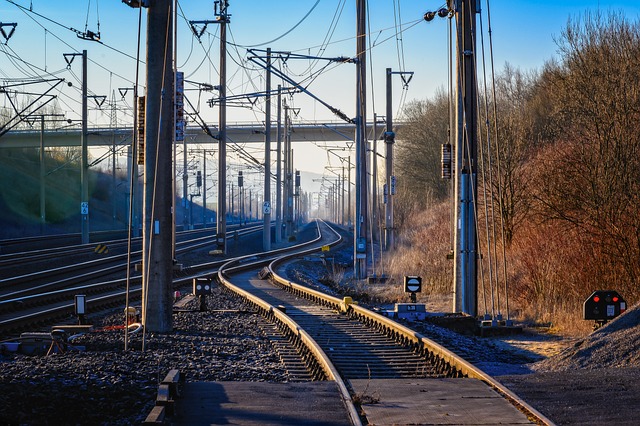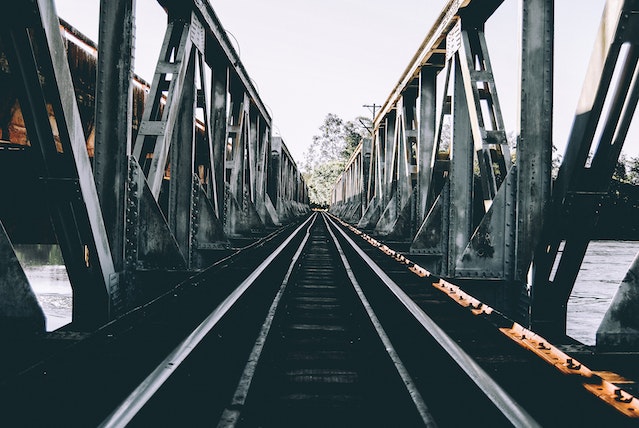
Derailments and highway-rail grade-crossing collisions are the most common types of train catastrophes in the United States. In fact, there are roughly 3 derailments per day in the U.S., accounting for about 71% of all train accidents. Highway-rail grade crossing accidents are also extremely common, with more than 2,000 incidents and over 200 fatalities each year. While news stories tend to focus on chemical spills or injuries to vehicle passengers, the health and safety of the train crews involved in these incidents are often overlooked.
When a train is involved in a collision, derailment, or both, the crew members operating the train can be badly injured. Unlike motor vehicles, locomotive cabs where the crew members ride are not equipped with seat belts. So, when a 400,000-pound locomotive collides with an object and comes to an abrupt halt, the conductors and engineers are usually violently thrown about these relatively cramped spaces filled with unforgiving surfaces and equipment, resulting in long-lasting and often career-ending injuries.
The severity of injuries to crew members caused by a train collision or derailment may not be immediately perceived after a train collision. They are typical internal injuries that may not be considered very significant right away. Many of our clients have told us that the adrenaline surge caused by such an event can mask the pain caused by internal injuries such as a torn rotator cuff or labrum, cervical and lumbar disc herniations, bone fractures, and knee injuries such as a torn meniscus.
It is important for train crew members to be fully evaluated by a doctor after a train collision and to report ANY symptoms of pain, even if it doesn’t immediately feel serious. Even if released from a hospital, railroad workers should follow up with an appropriate orthopedist or specialist to undergo diagnostic testing, such as an MRI, typically not available during an emergency room visit. Failing to report pain or injuries to doctors and your railroad employer immediately can affect your ability to seek compensation under the Federal Employers’ Liability Act.
If you or a loved one was injured in a highway-rail grade-crossing accident or train derailment, contact us today for a free consultation.





